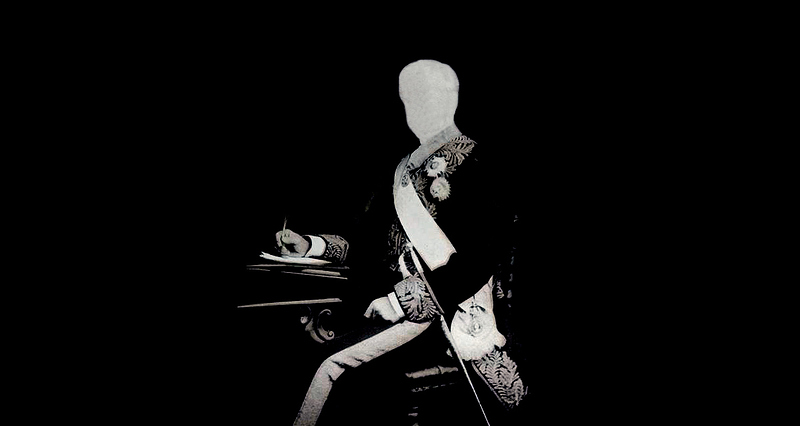At the New Inquiry, Padraic X. Scanlan reviews Imperial Boredom: Monotony and the British Empire by historian Jeffrey Auerbach, a fascinating book that counters the images of adventure and daring that fill British cultural production about imperialism, especially literature. As Scanlan notes, Auerbach begins by defining boredom (in contrast to simple monotony) as a product of nineteenth-century industrial capitalism. He then goes on to show how British imperialism depended on countless workers performing menial, hateful, cruel jobs across the globe – far from the romantic “civilizing” mission portrayed by official British history. Here’s an excerpt from the review:
As Jeffrey Auerbach shows in a rich new book, Imperial Boredom: Monotony and the British Empire , despite the parades and the hunts, even colonial governors in the late 19th century British Empire found their work endless, fruitless, and boring. Auerbach is primarily interested in the careers of men like Haggard (before his star turn): the small-time imperial administrators and their wives for whom running the British Empire was a living. Auerbach points out that even the most critical histories of towering colonial officials like Lord Curzon or Cecil Rhodes assume that they were in fact at the center of colonial power. Auerbach’s empire is different, more diffuse, more peopled. In adventure stories, the British Empire was glamorous. In everyday experience, it was hateful drudgery …
Across five chapters, Auerbach explores five theaters of imperial boredom, including “Voyages,” “Landscapes,” “Governors,” “Soldiers,” and “Settlers.” In each, he finds the same emptiness that Orwell found in Burma (in fact, the book begins with a close reading of Orwell’s novel Burmese Days , and its depictions of the sweaty ennui and endless white-colonial backbiting of the men and women who occupied that middling tier of colonial power). Auerbach focuses in particular on the Victorian empire of the mid-to-late 19th century. He argues that before the Enlightenment, and particularly before the age of industrialization, it was impossible to be “bored” in the way we now experience boredom. “Without the modernist idea of the individual as the producer of his or her own meaning, there is no boredom,” he writes. He defines boredom as “a state of being in which one has nothing to do that one wants to do, leading to the feeling that time is moving slowly.” His argument is that before the combination of increasing leisure time and the mechanization and bureaucratization of work in the era of industrialization, life might have been monotonous, but it could not be “boring.” There was always something to do that urgently needed to be done for survival. Failing that, the strictures of a communally organized way of life were there to shape and apportion time. Before the rise of industrial capitalism, time was a different kind of resource, one that couldn’t be “spent” or “wasted” or “lost” in the way it could be in a workshop or factory.
Image via the New Inquiry.
